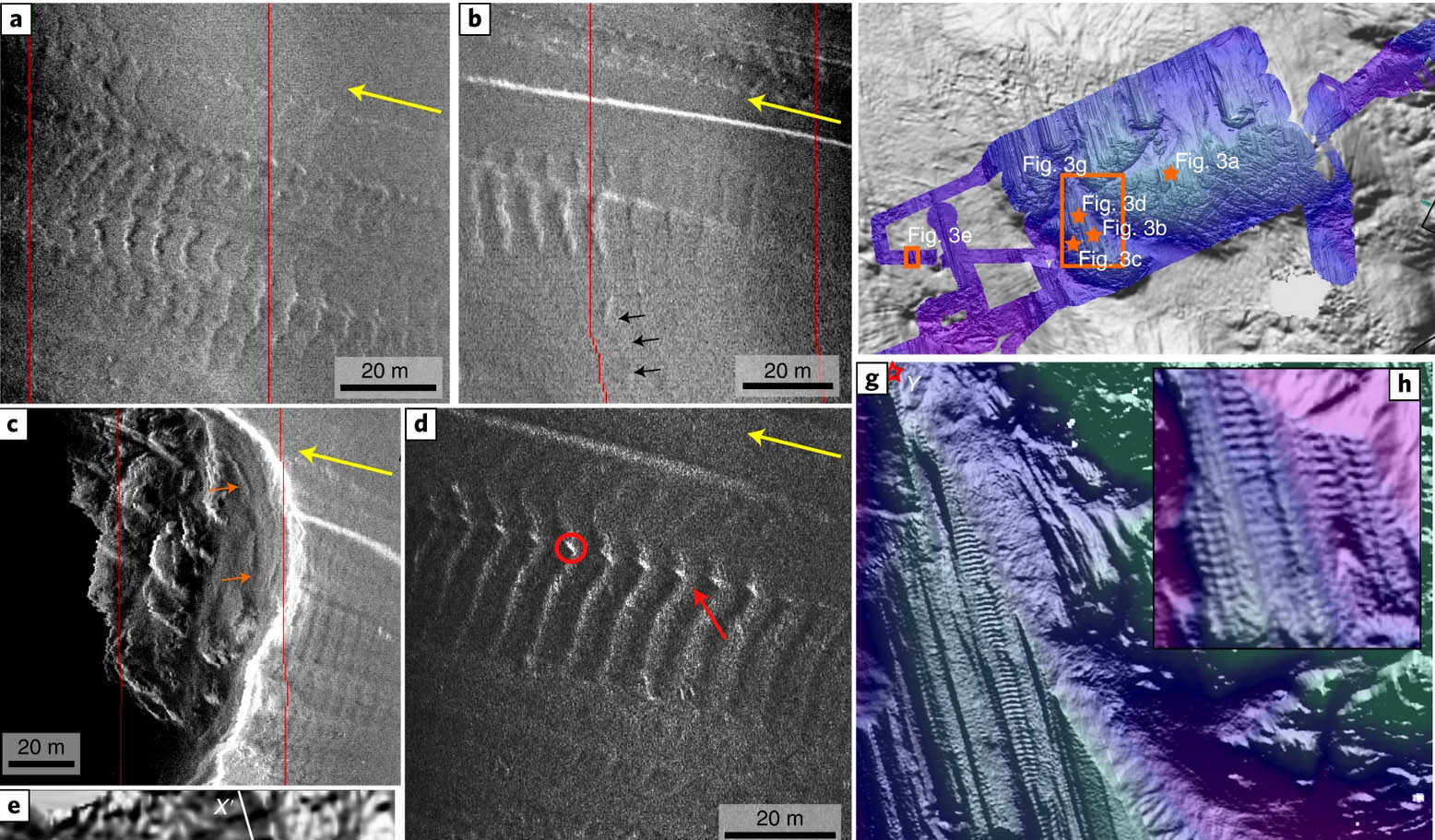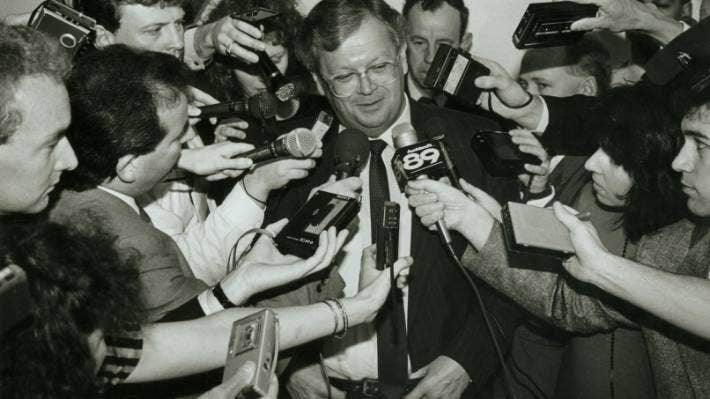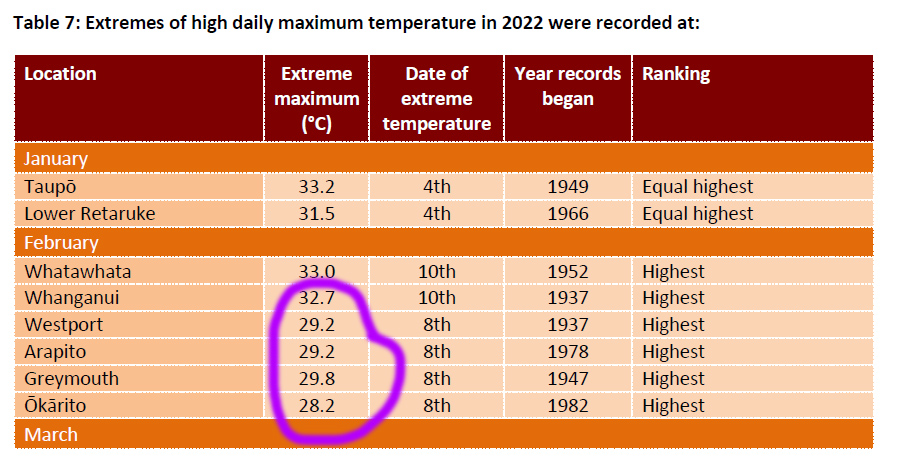To try and keep these reviews all in one place, we’ve assembled them here:
REVIEWS OF TOTALITARIA
“I couldn’t put the book down. I read it before bed. My mind raced and I couldn’t sleep. The depth this book delves into is astounding. If you know nothing about what’s coming, this book is a fantastic place to begin. You will quickly and efficiently receive a real education concerning where our world is headed. I believe this book should be mandatory actually. And I give it six out of five stars…” Jenna Priest
“Fast-paced, intriguing, and easy to read, this is not a work of fiction like Dan Brown’s The Da Vinci Code. Those skeptical of Wishart’s investigation can check out the sources detailed.” – Mike Butler, BreakingViews
“Five stars – Ian Wishart has clearly put a phenomenal amount time and research into this book. He has foot notes of references for nearly every statement he makes (which I truly appreciate) It is also reassuring to see how the conclusions that took me years to reach are so articulately and comprehensively laid out in print.” – Amazon, (see more on Amazon)
Listen to radio interviews here, here, here and here
REVIEWS OF VITAMIN D: (visit book website here)
 5.0 out of 5 stars Excellent book 13 Sep 2012
5.0 out of 5 stars Excellent book 13 Sep 2012
Wishart shows that diet is not sufficient. The main source of Vitamin D is through the influence of sunlight on skin. Everyone is agreed that sunburn is to be avoided, so the exposure needs to be limited and frequent. Dietary supplements are possible, but they work best for those who already have reasonably high body reserves. Wishart is careful to warn that large supplements can be dangerous, unless taken intravenously.
So the problem is that we have a generation educated to believe that skin cancer must be avoided by regular use of sunscreen, which blocks the sun and as a consequence prevents the production of Vitamin D. Chapters 13&14 cover this. He explains that sunscreens do help to protect against the less dangerous “squamous cell carcinoma” but provide no protection at all for the dangerous kind: “basal cell carcinoma”. In addition, those with the most exposure to sun are more likely to survive the dangerous cancer, and are less likely to get it!
I wish Wishart had gone into more detail on what to do. I immediately stopped using suncream, but will continue to wear a hat and sunglasses. Sunlight is afterall associated with glaucoma and cataracts is it not? I live in Tunisia and walk to work. Before I started using sunscreen two years ago I had become skilled in avoiding prolonged exposure to sun, while tolerating a little reddening.
Both sides of the debate agree that burning is bad. Suitable clothing is the best way to avoid that, in unavoidable circumstances such as driving. But how can I avoid burning and blistering on my face? Is there a case for limited sunscreen use? I would also have liked a systematic evaluation of ALL the major components of sunscreens – not just Vitamin E, Titanium derivatives, Nanotechnology, and Oxybenzone. I hope that in the second edition he will answer these questions.
Buy this book. Send your doctor a Kindle copy, and catch as much Autumn sunlight as you can. If Wishart is wrong, then he will have only saved you some money. If he is right, then high levels of naturally produced Vitamin D will reduce cancers and boost the immune system. – Amazon UK
“This book is the latest popular book on vitamin D. It covers topics of current interest including autism, cancer, erectile dysfunction, hospital-acquired infections, pregnancy, heart disease, infectious diseases, and autoimmune diseases. The research journal literature on vitamin D is growing at the rate of about 4000 papers per year yet the health system in the U.S. accepts the evidence only for falls and fractures. This book makes the case well that there are many, many beneficial effects of vitamin D. I strongly recommend this book. ” – Dr William Grant, vitamin D researcher, San Francisco
“I am a pharmacist with a particular interest in nutrition and how it affects our health. I have read most of your Vitamin D book, and although I am aware of much of what you have put in the book, there is no way I could have put it as clearly and eloquently as you have done. Congratulations. As I pharmacist I was amazed that when research showing VitD was so beneficial started to gain traction, pharmacies were stopped from selling 5000iu Vit D and now we are only allowed to sell 1000iu VitD capsules/tablets !!” – A B, pharmacist, NZ
REVIEWS OF THE GREAT DIVIDE:
Doris Mousdale’s review on Newstalk ZB: “I can recommend it, I think it is a fascinating read and I think everybody should be reading it. We’ve all read Claudia Orange and the other books – this is an updated version.” Listen to the review here.DorisonLeightonZB
Review by Mike Butler
Investigative journalist Ian Wishart has turned his attention to the treaty industry in his new book “The Great Divide: The story of New Zealand and its Treaty” at a time when a lop-sided advisory panel could enshrine “treatyism” into a written constitution.
Digitised archives, the internet, and Google searches mean written history is no longer controlled by academics, or worse, government agencies that believe they can indoctrinate generations with an authorised view of the past. Wishart has trolled through archives often 200 years old that are freely available online to let the protagonists of the past tell their story in their own words.
The result is a page-turner that tells the story of pre-Maori history, of explorers who met a sudden death, of brave missionaries, musket wars, of the beginnings of British rule, the ins and outs of the treaty, land clashes, sovereignty wars, of the role of Christianity, and implications for today. His chatty, colloquial style could and should keep a wide range of readers on the edge of a chair…
…Wishart understands Christianity so comprehends how unarmed British missionaries could dwell among and turn Maori from permanent warfare and cannibalism to God and the Queen. Signs that the missionaries may be rehabilitated can only be good, not that it would please any post-modernist academic historian.
The chapter “Waitangi’s fairytale godfathers” shreds Waitangi Tribunal arguments… Those chiefs who opposed the unity of the races under one sovereign became the Maori king movement, and the focus of the so-called Maori renaissance in the 20th century, Wishart wrote. “Their followers, however, are the ones now in charge of the Waitangi debate, the cultural gatekeepers. They are the ones who can make the majority voices from the past fall silent – their words left out of the popular history books and not quoted in universities.”
So here we are in the 21st century still fighting the 19th century sovereignty war, this time using words instead of bullets. The book is a must-read.
Read the full review by journalist Mike Butler here
Listen to Newstalk ZB’s Leighton Smith interviewing Ian Wishart about The Great Divide in two parts. First part 31030 starts 10.30 into the recording. Second part 31045 begins at the start.
FROM JOHNANSELL.WORDPRESS.COM contributor Bruce Moon:
The Great Divide by Ian Wishart
“It had been my impression that Ian was a polemicist, an extremist, even a writer of scurrilous pamphlets. (This may demonstrate the efficiency of the Establishment’s knocking machine).
“However, when I opened The Great Divide I found it moderate in style, clear in expression and thorough in discussion.
“I noted with interest his references to Michael King’s hitherto lauded Penguin History of New Zealand. Wishart confronts King. Clearly we agree that King was a member of the ‘politically correct brigade’ (though Wishart does not say so in as many words.)
“Wishart…most importantly in my view, gives thorough attention to the Kohimarama Conference of 1860 which has been so notably discounted by Orange and Salmond. In Ian Wishart’s words, ‘What we see at Kohimarama…is an evolution of consent. After 20 years of partial integration, the chiefs not only ratified Waitangi in full but expressly called for a complete adoption of Pakeha tikanga’.
“…There can be simply no doubt that The Great Divide must find a place…on the bookshelves of every educated New Zealander. In short – read it.”
Commentator Phil Hayward:
“The Great Divide is the book that somebody had to write.”
THE CRITICS ON BREAKING SILENCE:
“Breaking Silence is not on my recommended read list. I firmly believe it is compulsory reading for anyone over 18.” – Andrew Stone, Albany Buzz business magazine
“The book has real value” – Larry Williams, Newstalk ZB
“I found it an incredibly surprising book, and a very relevant book, and a very important book”. – Anna Smart, Newstalk ZB
“I had no particular views on the case before this book came out but I have to say it’s a powerful read. An influential read, one might say…All those people who poured out their invective when it became known the book was about to hit the book shops really should just read it for themselves. It may not be quite what they think.” – Helen Hill, The Marlborough Express
“Breaking Silence is a chilling narrative and the most important I have read. Adults may need to read the story to gain any understanding. Younger people should read in it a warning: that it is the way we make decisions early on that may determine the course of our life and the lives of those entrusted to our care.” – Pat Veltkamp Smith, Southland Times
“The book so many maligned before it came out reveals a mother we haven’t met. When I last wrote about Macsyna King, I said I didn’t think I’d like her. I’ve changed my mind. I certainly think she outclasses the Wellington radio announcer who posted on Facebook that after receiving her advance copy of Breaking Silence, she had “spat on it, wiped my ass on it, and ripped it up”. – Tapu Misa, NZ Herald
“Actually, the rumours of Wishart’s death as an investigative journalist turn out to be greatly exaggerated. Breaking Silence will likely enhance his reputation considerably. As we said at the outset – we are very, very glad to have read the book.” – John Tertullian, Contra Celsum
[UPDATE: The Coroner’s Report has reached the same verdict as the book. The Coroner found there was not a “skerrick of evidence” implicating Macsyna King, and he went further and accused Chris Kahui of being the only person who delivered the fatal injuries]
THE CRITICS ON THE INSIDE STORY:
“Undeniably…when Wishart hits he hits big. Arthur Allan Thomas: The Inside Story is a book two generations of New Zealanders have waited for…Wishart…offers an explosive new theory about who pulled the trigger of the gun that killed the Crewes in their Pukekawa farmhouse and theorises about the mystery woman who fed their infant daughter, Rochelle, for days after the murders.
“…With his thorough analysis of the evidence and his generous use of first-person accounts it’s a stellar piece of journalism…” – Southland Times
“Wishart has a brand new prime suspect and he lays out his case in this fascinating and highly readable book. Wishart is painstaking in his investigation, and his interviews with the man at the centre of the case, Arthur Thomas, offer a remarkable insight into one of New Zealand‘s most memorable characters. ” – Kerre Woodham, Newstalk ZB
“Wishart’s report of Detective Sergeant Len Johnston’s brazen arrogance collecting items for later use as evidence from Thomas’s farm – pieces of wire, .22 shells and axle stubs – exposes a dark and scary side to our guardians.
“Through the book Wishart lays the ground for his claim that Johnston was actually the murderer and by his position on the inquiry team and proximity to Hutton, was able to influence an outcome which saw Thomas convicted twice of a double murder. Wishart’s conclusions are disturbingly possible in my view.
“The question of to what extent Hutton had the wool pulled over his eyes by Johnston is moot. Based on Wishart’s debunking of transcripts and evidence previously recorded, I think Hutton could well have been fooled by his best mate. Which means so too were the rest of the team deluded.” – former Det. Insp. Ross Meurant, NZ Herald
THE CRITICS ON AIR CON:
“Air Con is a thorough summary of the current state of the debate, the science and the politics; it will be an important reference in any AGW skeptic’s arsenal.” – Vox Day, WorldNetDaily
“I started reading this book with an intensely critical eye, expecting that a mere journalist could not possibly cope with the complexities of climate science…[But] The book is brilliant. The best I have seen which deals with the news item side of it as well as the science. He has done a very thorough job and I have no hesitation in unreserved commendation.” – Dr Vincent Gray, UN IPCC expert reviewer
“Ian Wishart’s Air Con is another masterpiece of scientific reason, letting the thinking world know that so-called man-made global warming is the greatest scam ever aimed at humanity. Please read this book.” – Professor David Bellamy, England
“This book by New Zealand journalist Ian Wishart – a #1 bestselling author four times – surprised me by the completeness with which he reviewed and presents alternatives to the plethora of IPCC inspired spin and publicity which floods our media today.
“His sixteen chapters examining aspects of the debate are meticulously footnoted and thus are a valuable reference resource for those wishing to dig deeper or keep up to speed with the unfolding global warming / carbon reduction political drama in years to come.” – Dr Warwick Hughes, climate scientist
“Ian Wishart carefully and painstakingly looks at the topic, examining the evidence and weighing up the pros and cons. He not only finds the science to be unconvincing, but believes that following the proposed remedies will well-nigh bankrupt the West and in fact compound problems. An eye-opening treatment of a controversial issue. – Quadrant magazine, Australia
THE CRITICS ON LAWYERS, GUNS & MONEY:
“Wishart has grown as an author” – Otago Daily Times
“He’s onto another winner. Wishart is…exceptionally thorough. He skilfully blends official documents with his own observations and material from his own inquiries, giving a more informative picture than could ever have been possible in the daily media.” – Manawatu Evening Standard
“If you like to mix business with pleasure, take Lawyers, Guns & Money to your beachside accomodation with you” – North & South
THE CRITICS ON THE PARADISE CONSPIRACY:
“The Paradise Conspiracy is required reading…pacey, penetrating scrutiny” – New Zealand Herald
“It is the closest thing to a John Grisham novel, but it is the real thing…among the best investigative stories about New Zealand business for many years” – Waikato Times
“…a compelling book…a Watergate-type tale” – NZ Listener
“Sensational stuff and hard to fault. Wishart is a professional…it is the most controversial New Zealand book that I can remember” – Bruce Jesson, The Republican
“Wishart presents facts he can totally substantiate, and leaves readers to draw some obvious conclusions…compelling, revealing and worrying reading” – BOP Times
IN SUMMARY
I sometimes get bad reviews from papers like the Waikato Times or the Nelson Mail who seem to have an issue with me, but as I wrote in a letter to the Nelson Mail recently:
“I’m comforted that the Daily Mail in London called the book “a really gripping read”, the Evening Standard called it “a fabulous story”, the Times of London called it “incredible” and published a 2000 word extract, and it made headlines around the world. Three international movie directors want the film rights.
“Of course, maybe the world’s media with a circulation in the tens of millions are wrong about The Hunt, and the Nelson Mail is right.”









I have always enjoyed Ian Wishart’s books. He does is research well.